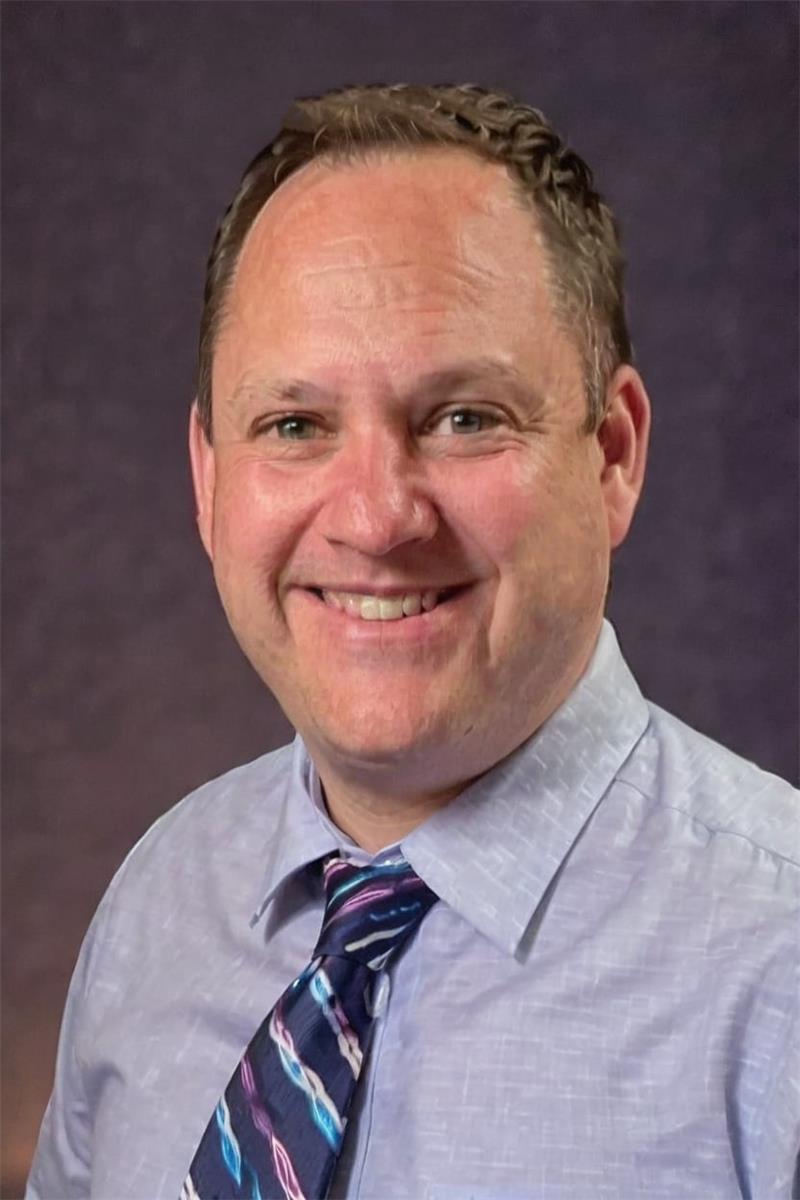
SOT is pleased to announce that Joshua P. Gray, PhD, has been elected to serve as a Councilor for the 2025–2028 term. Dr. Gray brings a long-standing commitment to undergraduate education and toxicology training, with a strong history of leadership and service within SOT.
Dr. Gray is Professor and Head of the Department of Chemical & Environmental Sciences at the United States Coast Guard Academy. He primarily teaches toxicology, microbiology, chemistry, and biochemistry undergraduate courses to students majoring in marine and environmental sciences, the second-ever ABET-accredited undergraduate program in natural sciences.
Dr. Gray is passionate about toxicology education and has been continuously involved in education-focused SOT activities since 2008. He led the Undergraduate Education Subcommittee 2014–2015 and served in its successor, the Faculty United for Toxicology Undergraduate Recruitment and Education (FUTURE) Committee. He chaired the Learning Objectives Work Group to create the Undergraduate Toxicology Learning Framework, a tool that helps faculty build undergraduate toxicology courses by providing learning goals aligned with AAAS’s Vision and Change framework. In 2020, SOT appointed Dr. Gray as the Co-Editor of Toxicology for the pedagogical journal CourseSource, which produces teaching modules for use in the undergraduate science classroom. Dr. Gray champions evidence-based practices and has volunteered with the Inclusion, Diversity, and Engagement Committee (formerly Committee for Diversity Initiatives) since 2008. Following the educational venture between SOT and the nationwide ToxMSDT mentoring program, Dr. Gray joined the oversight team for module development. For this effort, he has recruited authors and edited online modules to introduce undergraduate students to toxicology, including a new iteration of ToxTutor. His efforts to promote undergraduate education extend to the regional level, where he co-led the development of an undergraduate breakout session in NESOT and inspired the creation of a regional chapter grant program. Dr. Gray’s dedication to undergraduate education was honored with the SOT Undergraduate Educator Award in 2018. He is currently the Past President of SOT Northeast Regional Chapter and served as Chair of the SOT Awards Committee 2022–2023.
Dr. Gray is the Principal Investigator of a National Science Foundation IUSE grant involving six SOT members to develop a C. elegans–based Course-Based Undergraduate Research Experience (CURE) to expose more students to undergraduate toxicology research. His research interests include exploring the mechanisms of microplastic and oxidative stress toxicity in C. elegans and developing microbial biofuels for fuels. During the COVID-19 pandemic, Dr. Gray led the scientific component of the US Coast Guard’s surveillance testing program, establishing wastewater testing at four training locations. He also integrated SARS-CoV-2 into his biochemistry laboratory curriculum. For these efforts, he was honored with the Coast Guard Academy’s Civilian Employee of the Year Award and the Meritorious Team Commendation Award.
Goals for SOT
In the ballot, Dr. Gray stated the following as his goals for service as Councilor:
-
Contribute to current SOT strategic plan to build a broad community of skilled toxicologists by supporting the growth of Regional Chapters. Regional Chapters serve as an individual’s first point of contact with SOT, providing a crucial pathway toward the Society’s strategic goal of fostering mentoring and networking opportunities for all career stages. By offering relatively low-cost platforms for undergraduate, graduate, and postdoctoral students to present their research, regional meetings increase the visibility of student research and help SOT connect with these groups by recognizing successful regional initiatives and encouraging their adoption across other chapters. Regional Chapters can also enact national initiatives like the Lunch with an Expert and undergraduate education programs from four Regional Chapters to inspire broader implementation. Regional programs can potentially reach hundreds of undergraduates who may consider a career in toxicology. They also provide a critical mentoring component and allow for more frequent in-person interactions of SOT members of all career stages, as well as a training platform from which future SOT leaders can be identified.
-
Continue strengthening the trainee and early career–directed programs, which have inspired a generation of SOT leaders. This includes programs and initiatives supporting faculty and scientists working with and mentoring students. This aligns with the recently created SOT Career Advancement, Mentoring, and Networking Committee—providing more training in mentoring. I owe my career to the SOT education community, the work we accomplished, and the colleagues and friendships I’ve gained from working with them. I am committed to supporting these programs to ensure that future generations of toxicologists also benefit from them.
The information provided in this blog is based on the biosketch provided by Dr. Tanguay for use as part of the election ballot. This citation is being shared under the Secretary’s name as part of their official duties and should not be interpreted as their personal or professional opinions.